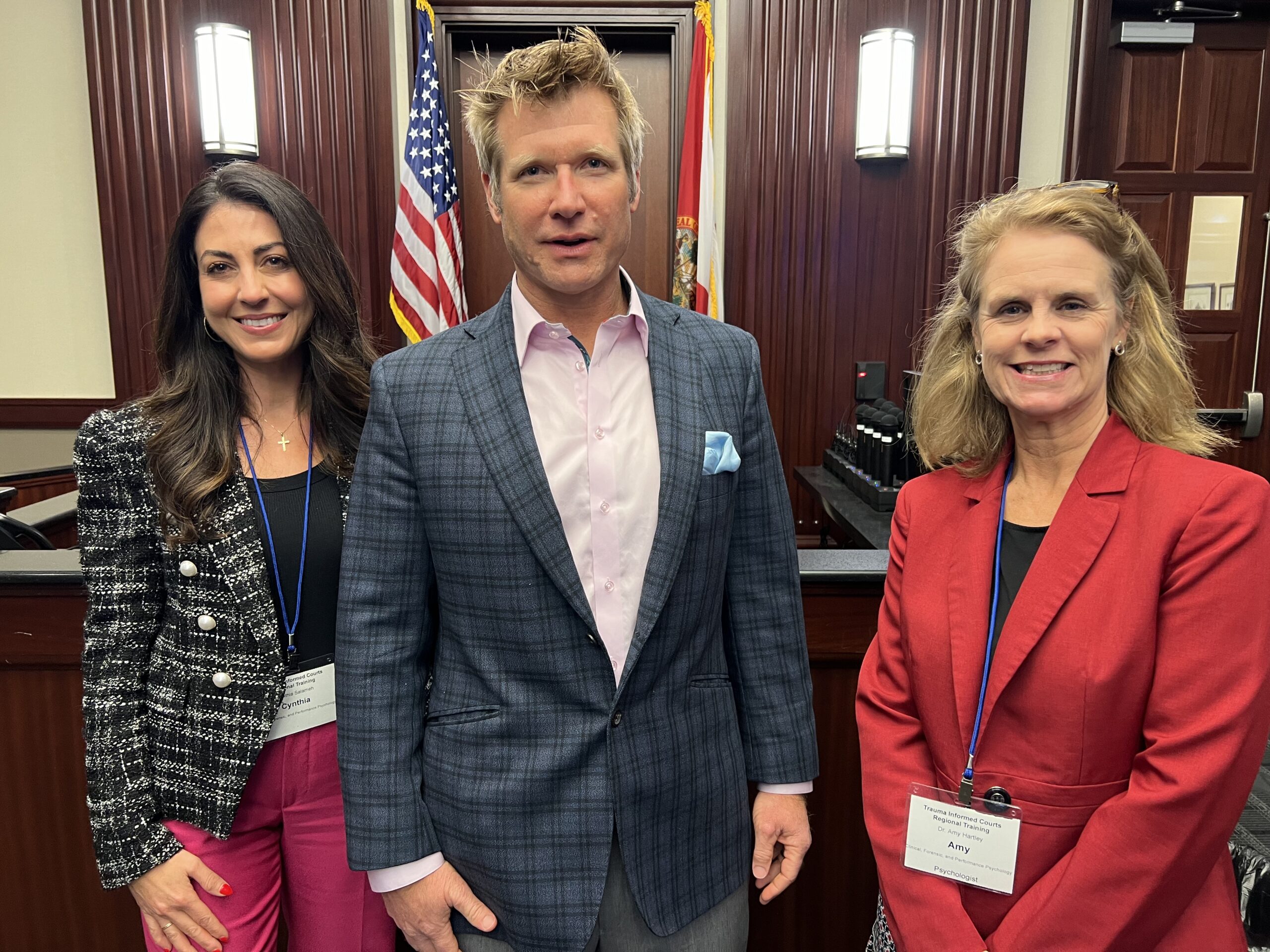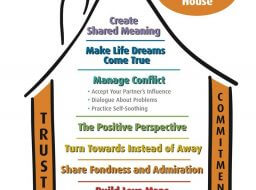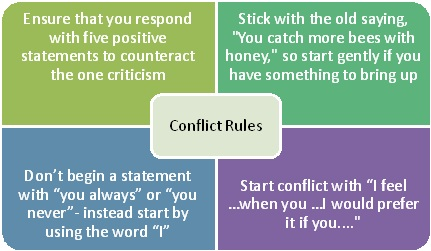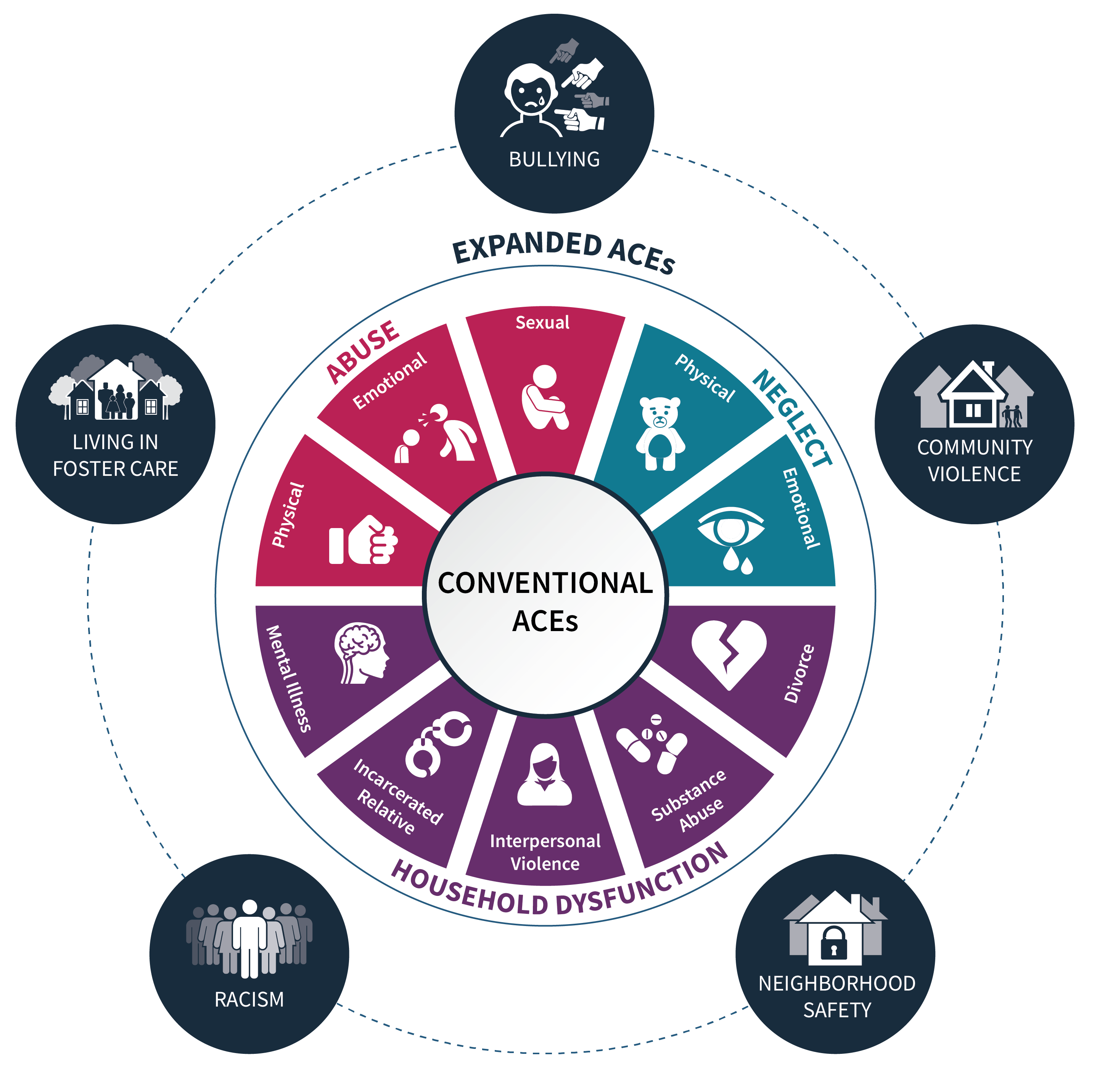- HOME
- PSYCHOLOGICAL SERVICES
- ONLINE COURSES
- Our Partnership Begins When You Purchase an Online Course
- Get to Know Dr. D’Arienzo, Relationship Expert
- Florida Premarital Preparation Online Course
- Georgia Premarital Education Online Course
- TwogetherinTexas Premarital Online Course
- Tennessee Premarital Preparation Online Course
- Minnesota Premarital Education Course Online
- Oklahoma Premarital Counseling Online Course
- South Carolina Premarital Preparation Course
- West Virginia Premarital Education Course
- Online Marriage and Relationship Tune Up Course
- Florida DCF Certified Parent Education and Family Stabilization Online Course
- Georgia Qualified Parent Education and Family Stabilization Online Course
- Texas Qualified Parent Education and Family Stabilization Online Course
- High Conflict Co-Parenting Online Certificate Course (8 Hours)
- Online Anger Management Four Hour Course (Level 1)
- Online Anger Management Eight Hour Course (Level 2)
- Sexual Harassment Online Training
- BUSINESS & PERFORMANCE PSYCHOLOGY
- CLINICAL, COUPLES, & FAMILIES
- ADHD Treatment & Evaluation Services
- Anger Management
- Anxiety Treatment & Evaluation Services
- Borderline Personality Treatment Services
- Cognitive Behavioral Therapy (CBT) Self-Help
- Couples Counseling and Marital Therapy
- Consent for Psychological Services for Minors Post-Divorce
- Depression Treatment Services
- Infidelity Recovery
- Jacksonville Counseling and Psychology
- Military Psychology & Tricare
- Narcissistic Personality Treatment Services
- Online Counseling
- Psychoeducational Testing
- Psychological Testing and Assessment
- Psychotherapy & Counseling
- FORENSIC PSYCHOLOGY & EXPERT TESTIMONY
- LIFE COACHING & EXECUTIVE COACHING
- MMPI TESTING & ASSESSMENT FOR SECURITY AND LEO
- CPI Police and Public Safety Assessment
- G License Psychological Testing
- Online Psychological Testing for Armed Security Guards and Personal Protection Officers
- MMPI Texas Level III CSO and IV PPO Psychological (ONLINE)
- Requirement for Texas Security License Applicants: MMPI Evaluation
- Level 3 Security Guard New Mexico Online MMPI Psychological Evaluation
- PSYCHOLOGICAL PUBLIC DISABILITY QUESTIONNAIRES (DBQ)
- ONLINE COURSES
- TEAM
- D’Arienzo Psychological Group Overview
- Dr. Justin D’Arienzo, Psy.D., ABPP
- Mario Decunto, LMHC
- Dr. Amy Hartley, Ph.D.
- Dr. Erica Janson, Psy.D.
- Alan Lipzin, LMHC
- Cynthia Salameh, Esquire
- Wendy Monger, Tutoring Specialist and Academic Coach
- Dr. Michael Nackashi, Psy.D., Clinical Psychologist
- Joseph Zichi, LCSW
- Mack, Roman and Roxy D’Arienzo
- MERCH & SOCIAL MEDIA
- BOOKS
- APPT REQUEST
D'Arienzo Psychology Blog
Why ‘How Not To F*ck Up Your Life’ Should Be Your Next Relationship Manual

Posted by: Dr. Justin D'Arienzo, Psy.D., ABPP
Why ‘How Not To F*ck Up Your Life’ Should Be Your Next Relationship Manual “How Not To F*ck Up Your Life: The Art and Science of Finding the Right Partner—and Being the Right Partner—to Create a Lasting Happy Relationship” by Dr. Justin A. D’Arienzo is a comprehensive guide on forming and sustaining successful relationships. […]
Accessing Mental Health Care with Non-Network Providers for Mayo Clinic Employees

Posted by: Dr. Justin D'Arienzo, Psy.D., ABPP
For Mayo Clinic employees, prioritizing mental health is essential for maintaining overall well-being. While the Mayo Clinic’s health insurance offers comprehensive coverage for mental health services, there are instances where employees may choose or need to see a non-network provider. Whether it’s due to a specific therapeutic need, a preferred specialist, or geographic limitations, understanding how to navigate reimbursement for these services is crucial. This article provides a guide for Mayo Clinic employees seeking mental health services outside the insurance network.
D’Arienzo Psychology has served multiple Mayo employees over the last 20 years as non network psychologists, counselors, and therapists. We are accustomed to filling out the necessary forms to assist you in getting reimbursed. It has been our experience that a large portion of your bills are reimbursed by Mayo’s insurance plan. Don’t be anxious about the process. You deserve the best mental health services available, and we can help you get them with us. Contact us at 904-379-8094 or [email protected]
Trauma Informed Courts

Posted by: Dr. Justin D'Arienzo, Psy.D., ABPP
On November 16, 2023, I (Dr. D’Arienzo) had the pleasure of presenting about Toxic Stress, Child Development, Trauma Informed Care, Trauma Responsive Courts, and Fostering Resilience in Children and Family Law Clients. I was fortunate to partner with the Honorable Judge Guy, and Attorneys Ms. Dyvonnda Thurston and Ms. Sarah Sullivan. Two of my associates, Ms. Cynthia Salameh, Attorney and Parent Coordinator, and Dr. Amy Hartley, Psychologist, came to support my presentations and this Florida Bar Family Law Section Office of the State Courts Administrator (OSCA) event. We enjoyed mingling and offering our expertise to the 50 attorneys and judges who participated. I would like to thank Judge Maureen Horkan for inviting me to present!
Successful Co-Parenting Techniques When Faced with Parental Alienation

Posted by: Dr. Justin D'Arienzo, Psy.D., ABPP
The article “Successful Co-Parenting Techniques When Faced with Parental Alienation” discusses how co-parenting after separation or divorce can be further complicated by parental alienation – a scenario where one parent manipulates a child to reject the other parent without justifiable cause. The author offers several strategies for navigating this difficult dynamic including understanding parental alienation, encouraging transparent communication, ensuring parenting consistency, refraining from negative remarks about the alienating parent, seeking professional assistance, and prioritizing self care. In conclusion, the article suggests that while co-parenting with a parental alienator is challenging, patience, understanding, and the right strategies can help maintain a loving and meaningful relationship with the child.
Managing Communication with High-Conflict Parents: A Guide

Posted by: Dr. Justin D'Arienzo, Psy.D., ABPP
The article “Managing Communication with High-Conflict Parents: A Guide” offers a comprehensive strategy for communicating effectively with high-conflict parents. Key tactics include understanding, empathy, and boundary-setting. To manage one’s emotions, the article recommends mindfulness techniques and self-care practices. It emphasizes using clear language and the BIFF (Brief, Informative, Friendly, Firm) method for productive discussions. The principle of ‘active neutrality’ is endorsed to avoid escalating disagreements. It further underscores the importance of documenting all communications, especially in custody cases. Professional assistance is advised when conflicts become overwhelming. Ultimately, the welfare of the child should be the main priority in all conversations. The article concludes by offering related courses for additional guidance.
The Gottman Approach to Couples Therapy

Posted by: Dr. Justin D'Arienzo, Psy.D., ABPP
The Gottman Approach is a research-based approach to couples therapy that has been shown to be effective in helping couples improve their communication, resolve conflict, and strengthen their relationships. What is the Gottman Approach? The Gottman Approach is based on the idea that all relationships go through ups and downs, and that it is possible to learn how to weather the storms and come out stronger on the other side. The approach focuses on helping couples to: Understand their own and their partner’s emotional needs. Communicate effectively with each other. Resolve conflict in a healthy way. Build trust and intimacy. Maintain a positive outlook on their relationship.
How does the Gottman Approach work? The Gottman Approach is typically conducted over a series of weekly or biweekly sessions. In each session, the therapist or psychologist will work with the couple to: Identify their strengths and weaknesses as a couple. Learn how to communicate effectively with each other. Resolve conflict in a healthy way. Build trust and intimacy. Maintain a positive outlook on their relationship.
5 Tips for Effective Communication

Posted by: Dr. Justin D'Arienzo, Psy.D., ABPP
Communication is one of the most important skills in any field. Whether you’re a student, a professional, or just trying to get through your day, being able to communicate effectively can make a big difference. In this post, we’ll discuss five tips for effective communication. By following these tips, you can improve your communication skills and make a positive impact on your relationships, your career, and your life. Tip #1: Be clear and concise. When you’re communicating with someone, it’s important to be clear and concise. This means using language that is easy to understand and avoiding jargon or technical terms that the other person may not be familiar with. It also means getting to the point quickly and avoiding rambling.
Tip #2: Use active listening skills. Active listening is just as important as clear communication. When you’re listening to someone, it’s important to make eye contact, nod your head, and ask clarifying questions. This shows the other person that you’re paying attention and that you’re interested in what they have to say. Tip #3: Be respectful of others. Even if you disagree with someone, it’s important to be respectful of their opinion. This means avoiding personal attacks and name-calling. It also means listening to their point of view and trying to understand where they’re coming from. Find out more tips….
How to Spot a Narcissist

Posted by: Dr. Justin D'Arienzo, Psy.D., ABPP
How to spot a narcissist? Dr. D’Arienzo, Clinical Psychologist here. I am going to share five signs that indicated you might be dealing with a narcissist. Receiving criticism: Their fragile self-esteem can’t even handle constructive criticism. Feedback seems like a direct attack. Losing Control: When they lose control of situations and people around them, they feel powerless because it contradicts their grandiose image of themselves. Not being admired: They thrive on admiration and attention and when they are ignored and don’t get what they think they deserve they pout, and get frustrated and angry. Being exposed: They create a false persona to maintain their inflated self-image but when someone exposes their true self, vulnerabilities or manipulations, they go on the attack. Losing a competition: They think they are superior to others and when someone beats them, they feel inferior, so they react with rage, make excuses, and “file away” a serious resentment. Losing is personal to a narcissist. Obviously, we all have some of these traits, but if you’re narcissist, you would have most of these and to the extreme. If that’s you or your in a relationship with one, get professional help.
What Are Adverse Childhood Experiences (ACEs)?

Posted by: Dr. Justin D'Arienzo, Psy.D., ABPP
I (Dr. D’Arienzo) was recently involved as a defense expert (Forensic Psychologist) in a U.S. Military case regarding mitigation for a court-martial sentencing hearing. I assisted the defense by testifying about how the accussed had been impacted by a series of ACEs that created a chronic stress condition which impacted his decision making as a young adult. At the same time, I also explored how some of these experiences, with the right future environment, also led to resilient character traits that improved his rehabilitative potential. Generally, we know from the literature that having four or more ACEs is associated with deleterious mental and physical problems, criminalistic behaviors, as well as a shortend lifespan; while at the same time, for some people, these experiences lead to a toughing that is not always negative. The most commonnly researched Adverse Childhood Experiences are:
How do you talk to your children about divorce?

Posted by: Dr. Justin D'Arienzo, Psy.D., ABPP
Talking to your children about divorce can be a difficult and emotionally draining conversation especially as you anticipate having this necessary conversation. However, it is important to approach it in a sensitive and age-appropriate way. Here are some general tips on how to talk to your children about divorce:
Schedule a family meeting: It’s best that both parents schedule a family meeting to talk to the children together. Having a meeting on a Friday evening or Saturday morning is best so the children can emtionally process this difficult situation and understand what the action plan is for the family prior to returning to school on Monday morning. Please note that this meeting should be one meeting of many, and this step should be repeated several times throughout the divorce process.




